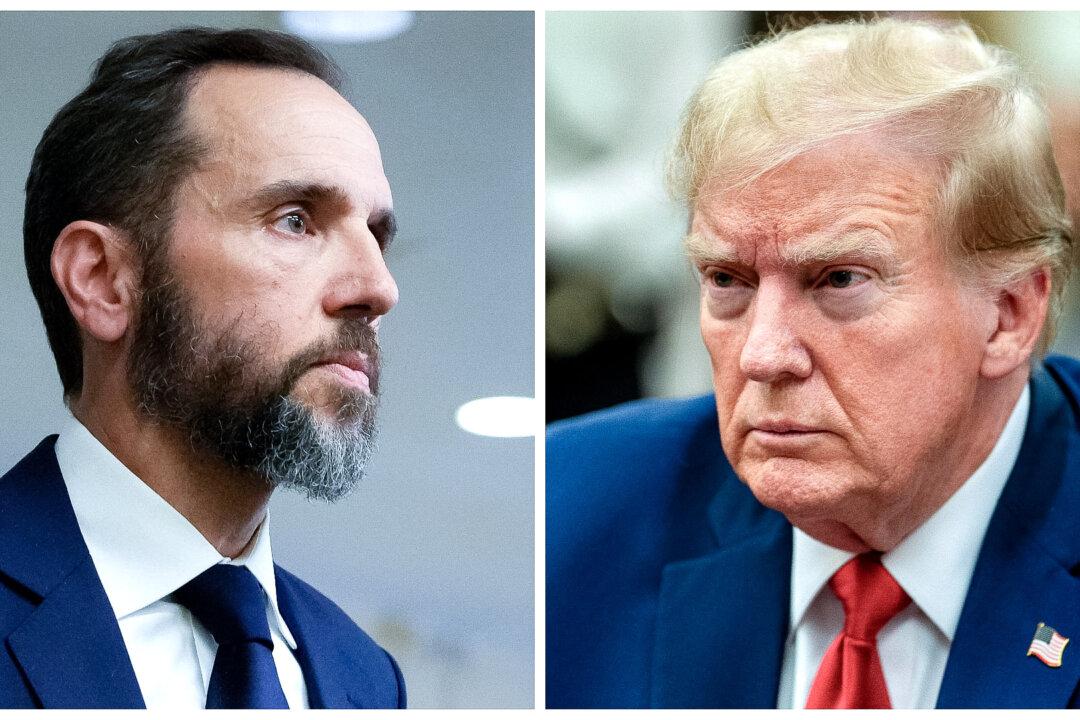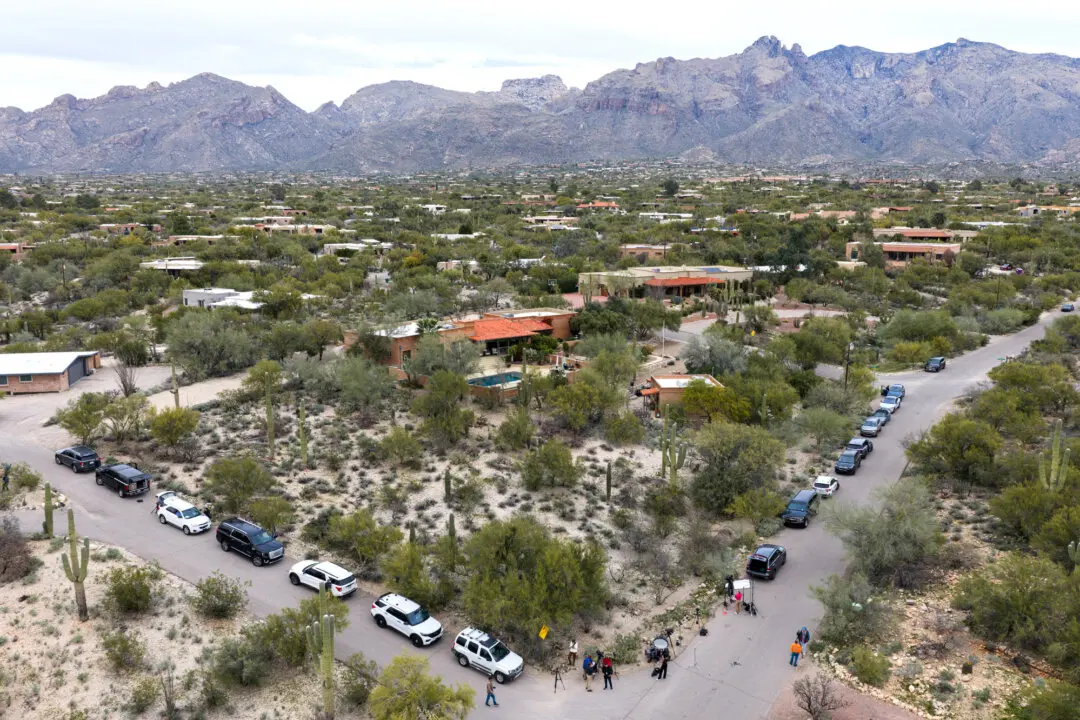Following the U.S. Supreme Court’s hearing Thursday on President Donald Trump’s presidential immunity case, some legal analysts said that special counsel Jack Smith’s election-related trial likely won’t be held before the November election.
It’s not clear when the Supreme Court will render its judgment in the case. The court is slated to issue all of its decisions by the end of June or early July.





